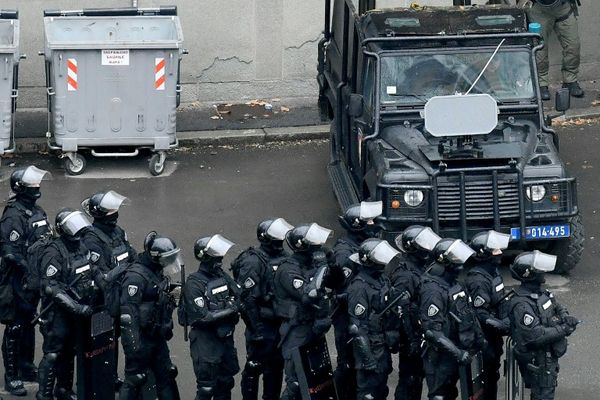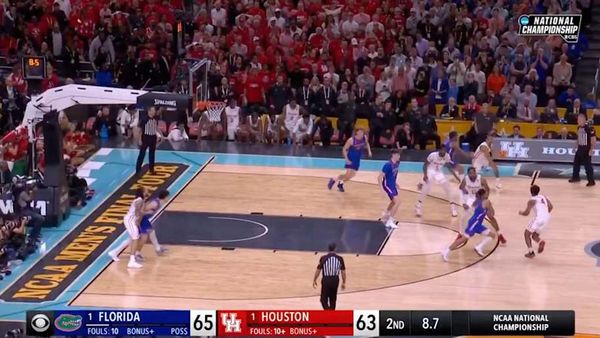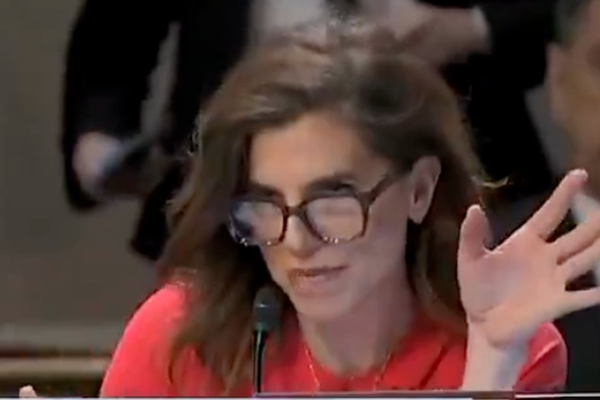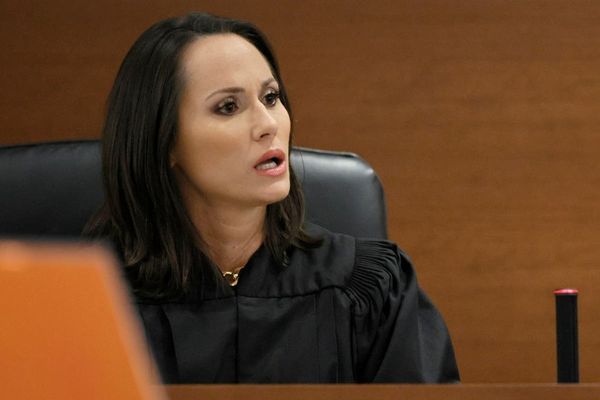FORT LAUDERDALE, Fla. — The sudden end of the defense case in the Parkland mass shooting trial this week drew criticism of and from the presiding judge, temporarily overshadowing the biggest question at issue — was enough evidence presented to convince a jury to spare the defendant’s life?
It’s impossible to say for sure — juries are notoriously unpredictable. But at least one expert, and some trial observers, say they would not be surprised if the jury in the Marjory Stoneman Douglas mass shooting case were to show mercy toward confessed gunman Nikolas Cruz.
“I would much rather be the defense than the prosecution at this point,” said Nova Southeastern University law professor Bob Jarvis. The state has to convince 12 jurors that Cruz should be sentenced to death, he explained. The defense needs only one to say no. With one vote in his favor, Cruz would be sentenced to life in prison.
Jarvis predicted the defense would actually prevail. The overwhelming evidence of guilt and premeditation, the “heinous atrocious and cruel” acts that resulted in 17 deaths, and the mental anguish suffered by wounded students who knew they were living through their last moments may well be offset by the recognition that the shooter suffered from mental health disorders that were long recognized but never adequately addressed.
The defense called 26 witnesses over 11 days to present its case, focusing on Cruz’s biological mother’s alcohol and drug abuse while she was pregnant with him, and following it up with his adoptive mother’s repeated, inadequate and ultimately failed efforts to help deal with his increasingly violent outbursts.
Fetal alcohol spectrum disorder was identified as the most likely cause of his lifelong struggle with mental illness, according to defense experts.
“This jury has three or four people who have experience with mental health issues,” Jarvis said. “He had a bad break right from the start. I will be stunned if this jury decides to bring back a death-penalty verdict.”
Support for that view comes from more than just the typical anti-death penalty advocates who would never choose execution over life in prison.
Fort Lauderdale jeweler Brian Keno, who describes himself as a conservative death-penalty supporter who boasts of his support for the Second Amendment right to keep and bear arms, said he could not imagine sentencing Cruz to death after hearing the defense case.
“I don’t know if mercy is the right word,” Keno said. “It’s not like a Ted Bundy situation where he did this over and over again at different times and different places. The kid had serious mental health issues. He never had a chance. It should never have gotten to the point where he got the gun in the first place.
“I couldn’t pull the switch,” Keno said.
Any juror who holds out on the death penalty would have to do so 17 times, once for each victim. And while the pressure to accept death for at least one will be high, Jarvis suggested holding out would get easier with each vote.
Defense lawyers originally seemed to indicate they would call nearly 80 witnesses, so few were expecting the defense team to rest after the 26th. Prosecutors will begin presenting a rebuttal case on Sept. 27.
Broward Circuit Judge Elizabeth Scherer raised eyebrows with a blistering criticism of the defense team. Experts said they could sympathize with the judge’s frustration, though they could not defend her outburst.
“We’re going to be talking about this in law school for years to come,” said Jarvis, who criticized Scherer for letting her emotions get the best of her. Scherer is expected to rule Monday on a motion to have her step aside from the case.
In a typical case, prosecutors and defense lawyers telegraph the broad strokes of their plans, including how long they expect their case to take and how many witnesses they are going to call. But that courtesy cannot be taken for granted, and the Parkland mass shooting trial has never been a typical case.
“When you’re handling a case of this nature, with 22 individuals on the jury, you want to know what’s coming. You always want to be prepared,” said retired Broward Judge Paul Backman, who handled numerous death-penalty cases. “Lawyers like to know which witnesses will be called so they can be prepared that day for that witness.”
Defense lawyers in the Cruz case had accused a prosecutor a week earlier of contacting and trying to intimidate a witness, though they did not file a formal complaint with Scherer. The episode led defense lawyers to be less open about which witnesses they intended to call next, culminating in the decision to rest their case without any advance word.
Backman called it “bad form” that appeared designed to provoke the judge into a response that could be the basis of an appeal.
But, Backman added, a death-penalty trial is ultimately adversarial, and the defense is not required to make the job easy for the prosecution or the judge.
“They have no obligation at all,” he said.
———









